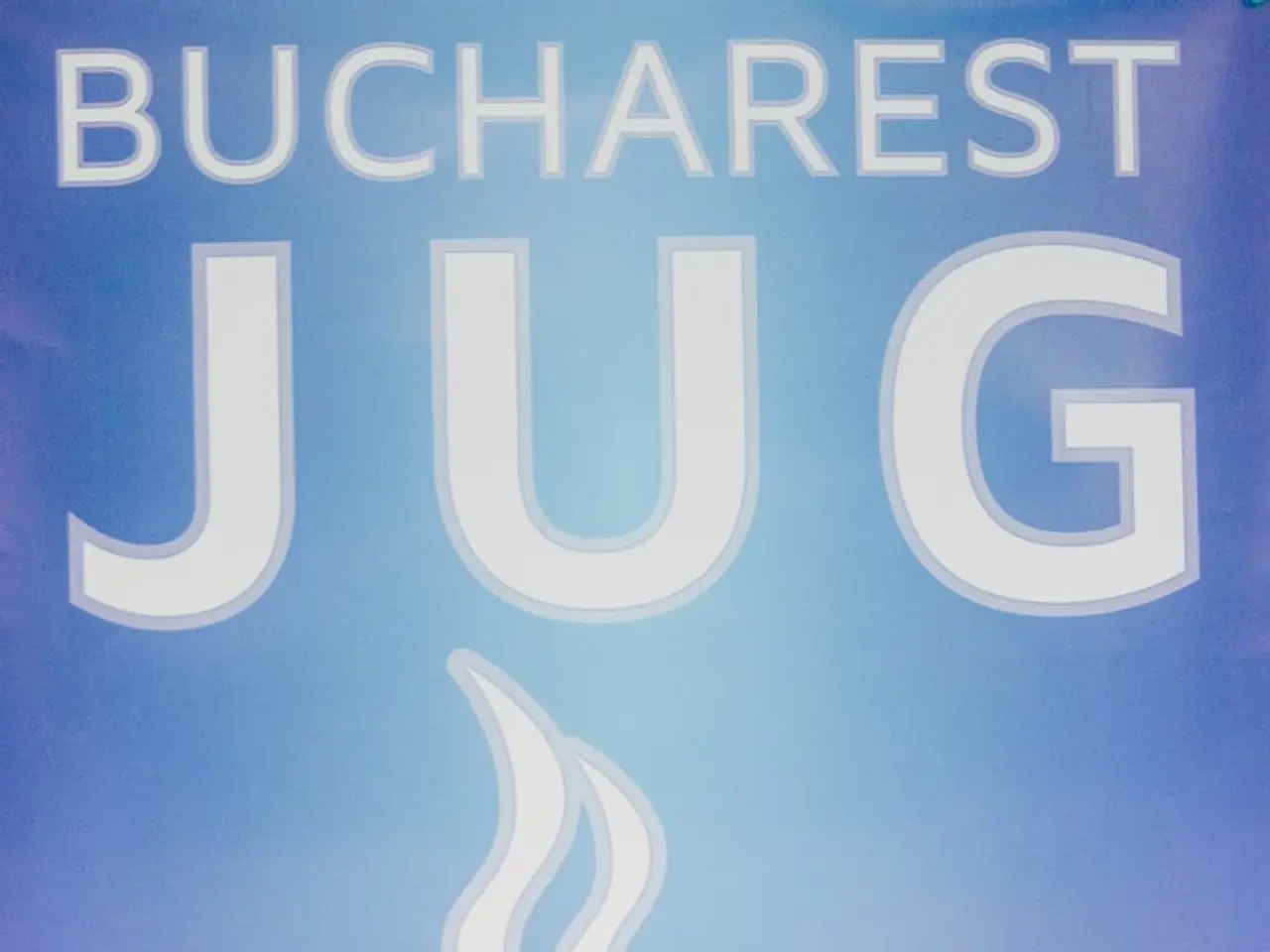Terra's founder, Do Kwon, admits guilt and potentially faces up to 25 years in prison
The crypto world is witnessing a significant shift following the guilty plea of Do Kwon, co-founder of Terraform Labs, in a federal court in New York. Kwon admitted to two federal charges: conspiracy to defraud and electronic fraud.
The collapse of TerraUSD (UST) and LUNA, now known as Luna Classic, in May 2022 was one of the most disruptive events in recent crypto history. The incident caused massive losses for retail and institutional investors, totalling over $40 billion.
Kwon's guilty plea confirms that US authorities consider there was a deliberate intent to deceive investors in the Terraform Labs ecosystem. This plea has legal implications and reshapes the institutional narrative around crypto founders' responsibility. The case is redefining the role of crypto project founders in the law, marking a turning point in the global regulatory narrative of the crypto market.
The market's reaction to Kwon's guilty plea has shown that most of the bad news might be already priced in. The price of LUNA barely budged, and trading volume remained stable, reflecting either market maturity or that bad news is already priced in.
The optimistic discourse of barrier-free innovation in the blockchain sector is giving way to a growing demand for legal responsibility and transparency. The integrity and responsibility of the teams behind the projects are now taking center stage in the crypto market.
Transparency, independent audits, and user protection are now fundamental pillars in the crypto industry. This new reality in the crypto industry is pushing for greater security and legitimacy, opening the door to sensible regulations that foster creativity without sacrificing trust and protection.
As part of his plea agreement, Kwon will forfeit over $19 million and properties. If Kwon complies with the agreement and shows remorse, the government could recommend a reduced sentence of up to 12 years, although the maximum is 25. His sentencing is scheduled for December 11, 2025. Kwon could face up to 12 years in prison, a $19 million forfeiture, and possible deportation to South Korea after pleading guilty in the US federal court in New York.
The case of Do Kwon sets a legal precedent that could have lasting repercussions in the crypto world, redrawing the boundaries of ambiguity for founders. Founders are no longer immune to criminal action, especially when their decisions affect millions of users and investors.
The idea of "code is law" has evolved, recognizing that conventional legal norms must coexist with technological innovation to better protect users and investors. The case of Do Kwon is contributing to building a more stable and reliable future for the entire blockchain community.
In conclusion, the guilty plea of Do Kwon marks a significant milestone in the crypto industry. It signifies a growing recognition of the need for accountability, transparency, and user protection in the blockchain sector. As the industry continues to evolve, it is expected that these values will become even more integral to its success.
Read also:
- visionary women of WearCheck spearheading technological advancements and catalyzing transformations
- Recognition of Exceptional Patient Care: Top Staff Honored by Medical Center Board
- A continuous command instructing an entity to halts all actions, repeated numerous times.
- Oxidative Stress in Sperm Abnormalities: Impact of Reactive Oxygen Species (ROS) on Sperm Harm








